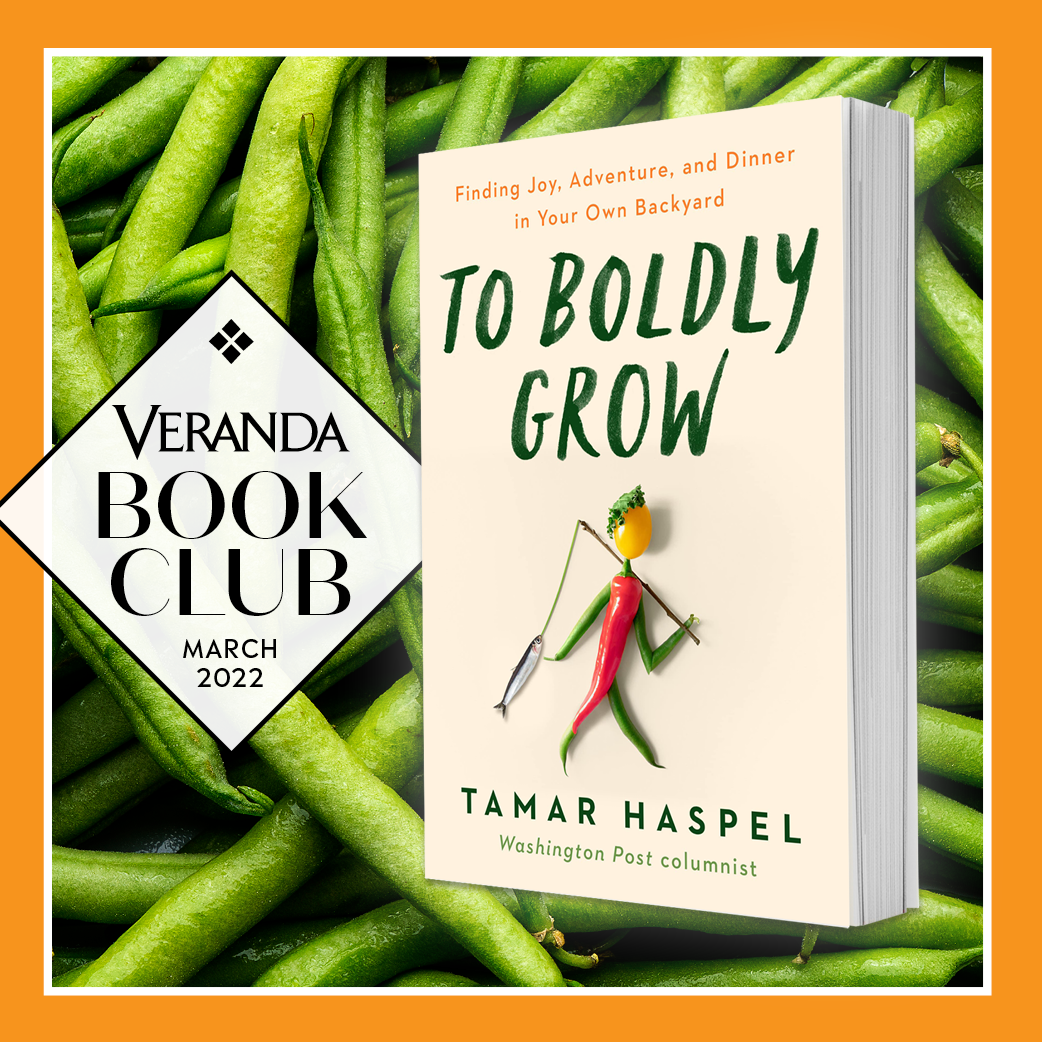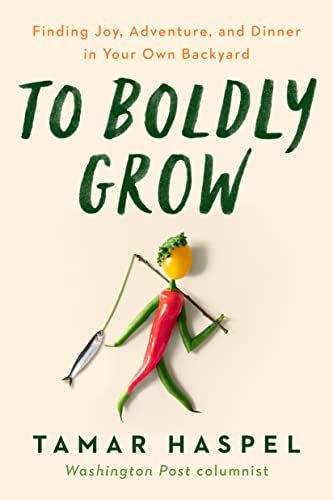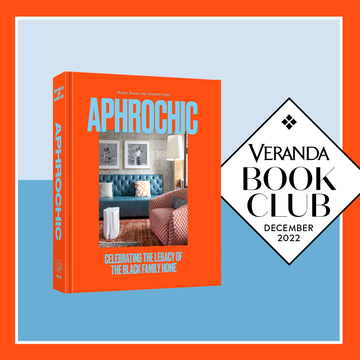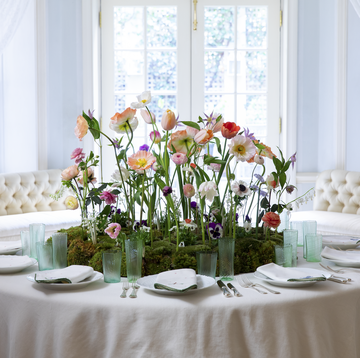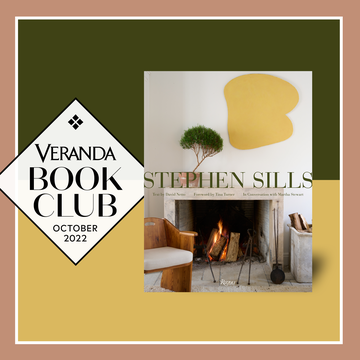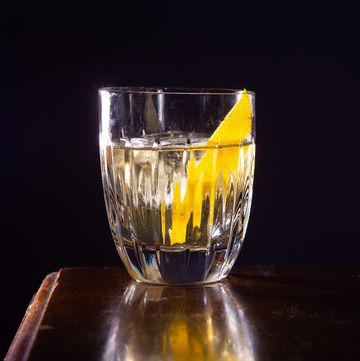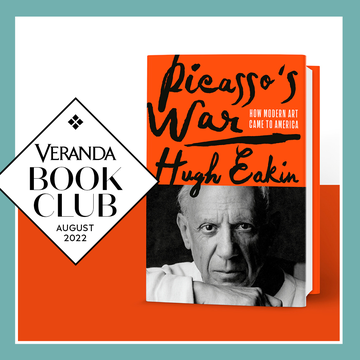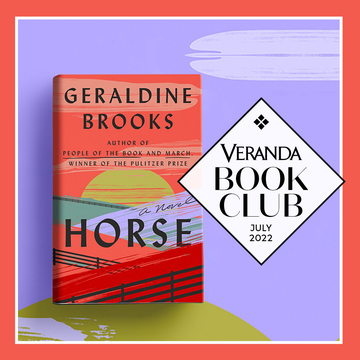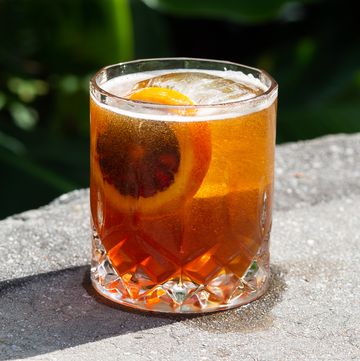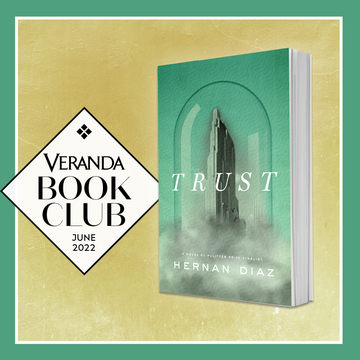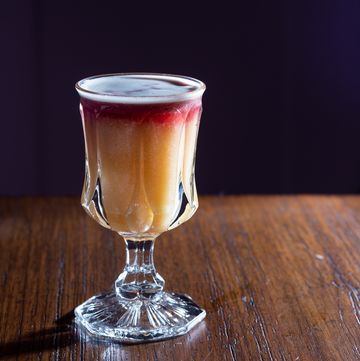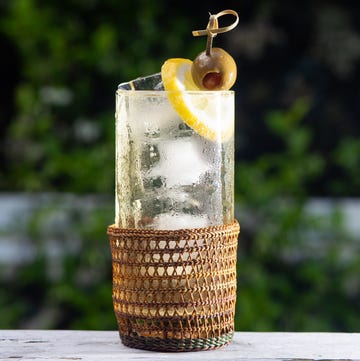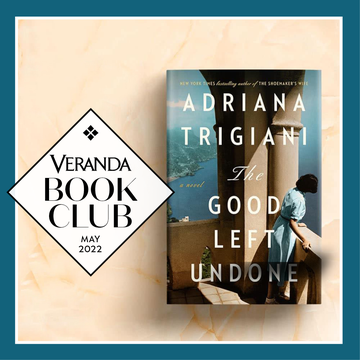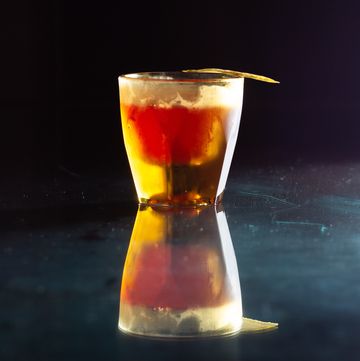Welcome to the VERANDA Sip & Read Book Club! Each month, we dive into a book and offer exclusive conversations with the author, along with a perfectly matched cocktail. This month's pick is Tamar Haspel's To Boldly Grow, a reflection on the journalist's journey into a food-first lifestyle. Get caught up on our past book club selections here.
As the columnist of the Washington Post's column Unearthed, it's safe to say Tamar Haspel knows a thing or two about food. However, the James Beard Award-winning journalist would be the first to admit she always thought of herself as a "crappy gardener," and never gave much thought to growing her own food. That was until Haspel and her husband acquired a quaint home on Cape Cod with plenty of acres to experiment and take a more forward approach to their diet. To Boldly Grow recounts every trial and triumph towards Haspel's "first-hand food” lifestyle from growing fig trees and raising chickens to refining her own sea salt and foraging for mushrooms. Here, the journalist gives us insight into what it was like writing about this fruitful journey and the most rewarding lessons she learned along the way.
In your own words, what is a “first-hand food” lifestyle?
More From Veranda
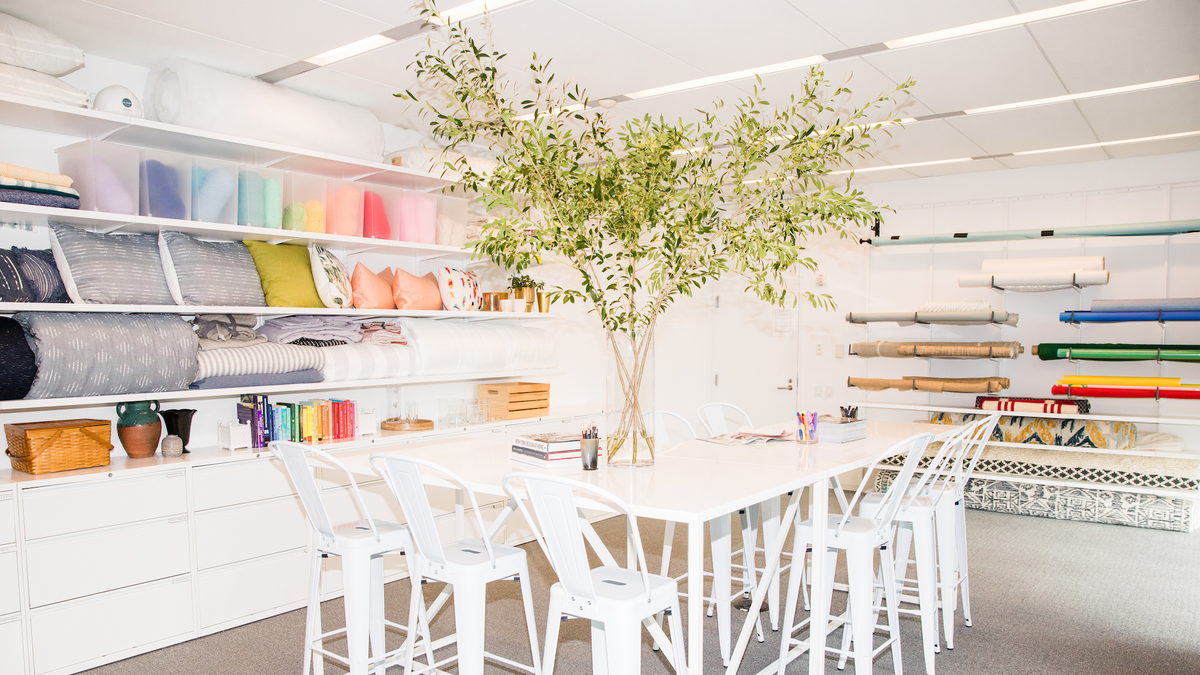
Tamar Haspel: It can be whatever you want it to be. The great thing about getting food with your own two hands is that there are so many choices, there's always a way to fit it into the life you want to live. People are busy! They have jobs, they have kids, they have lousy gardening skills (if they're me). So maybe it's as simple as a mushroom hike on the weekend, or a hydroponic herb garden on the windowsill. But it could also be a vegetable garden, a chicken coop, and six vintages of dandelion wine mellowing in the basement. Oh, and a chicken plucker made out of a washing machine, which I can tell you how not to design.
At what point in your journey did you think you needed to record it and write a book?
TH: I started writing about it from the beginning, in a blog. But it was only after I'd done it for a while, and I realized that the best thing about getting your own food is what it does for you, not what it does for your dinner, that I thought it could be a book. I found myself acquiring skills, connecting to other people in my community, and feeling just a little bit stronger and more competent with each project I tackled. Don't get me wrong, the food's good too! (And I do make a mean blackened bluefish sandwich.) But rolling up your sleeves, going outside, and getting dirty in service of dinner does way more than that.
Was there a certain author, gardener, or foodie that inspired you to start the journey into a first-hand food lifestyle?
TH: Because I didn't go into it as a lifestyle, and it crept up on me over the years, there were many people along the way. But I have to say, I'm indebted to Euell Gibbons (or I would be if he were still alive). His book, Stalking the Wild Asparagus, demonstrates not just the breadth of edible plants, but the lengths one very committed guy can go to find them. If you're even thinking about foraging, Gibbons is your man.
For people who want to start growing, foraging, and/or hunting for their own food, what advice would you give them?
TH: Be fearless! Nothing bad's going to happen if you screw up - and you can trust me on that because I'm something of an expert on screwing up. You can read up til the cows come home, but there's just no substitute for jumping in and trying it.
The memoir serves as a reflection on both your journey with food, but your relationship with your husband and your community. Was writing this cathartic? Challenging?
TH: It was revealing. There's nothing like writing about something to make you think it through. And it did make me realize just how intertwined those relationships were with every aspect of these misadventures. When we first started, people assumed Kevin and I were in it for self-sufficiency, but nothing could be farther from the truth. We're staunch advocates of interdependence, and connecting with other people -- learning from them, occasionally teaching them, and trading stories of epic failures (because everybody has them) were one of the best parts of the experience.
What was the most rewarding lesson you learned during this process? The most challenging?
TH: The most rewarding lesson was that I can do stuff. I can do stuff! Who knew? I sure didn't. But it was only because I'd never tried. And that was also the most challenging, because the farther I wandered from my comfort zone, the more satisfying it became. And so, as I built up something resembling confidence, I wandered farther and farther -- and I have a freezer full of venison to show for it.
Over the last few years, we’ve seen a rise in people interested in planting their own food. Do see foraging becoming more popular in the future?
TH: Absolutely! Between Euell Gibbons and me, we're going to persuade everyone to get out there. So I'll see you in the woods.
What is your favorite recipe or dish you made during this journey?
TH: There was this mushroom soup. I made it with the hen-of-the-wood mushroom that Kevin spotted as we were driving by a parking lot at forty miles an hour (he has bionic peripheral vision). I have to warn you that not every food you get first-hand is delicious. You'll grow some woody green beans or forage some purslane that tastes like grass clippings or cook a wild turkey with a body fat percentage that would make Jack LaLanne jealous. But there are wild mushrooms that taste so much better than anything you can buy that you'll never go back to those little white ones. When you find yourself a good harvest, make a soup. Use good chicken or vegetable stock. Add some sherry at the end. And invite some friends for dinner (hint hint).
Sarah DiMarco is the Assistant Editor at VERANDA, covering all things art, design, and travel, and she also manages social media for the brand.
